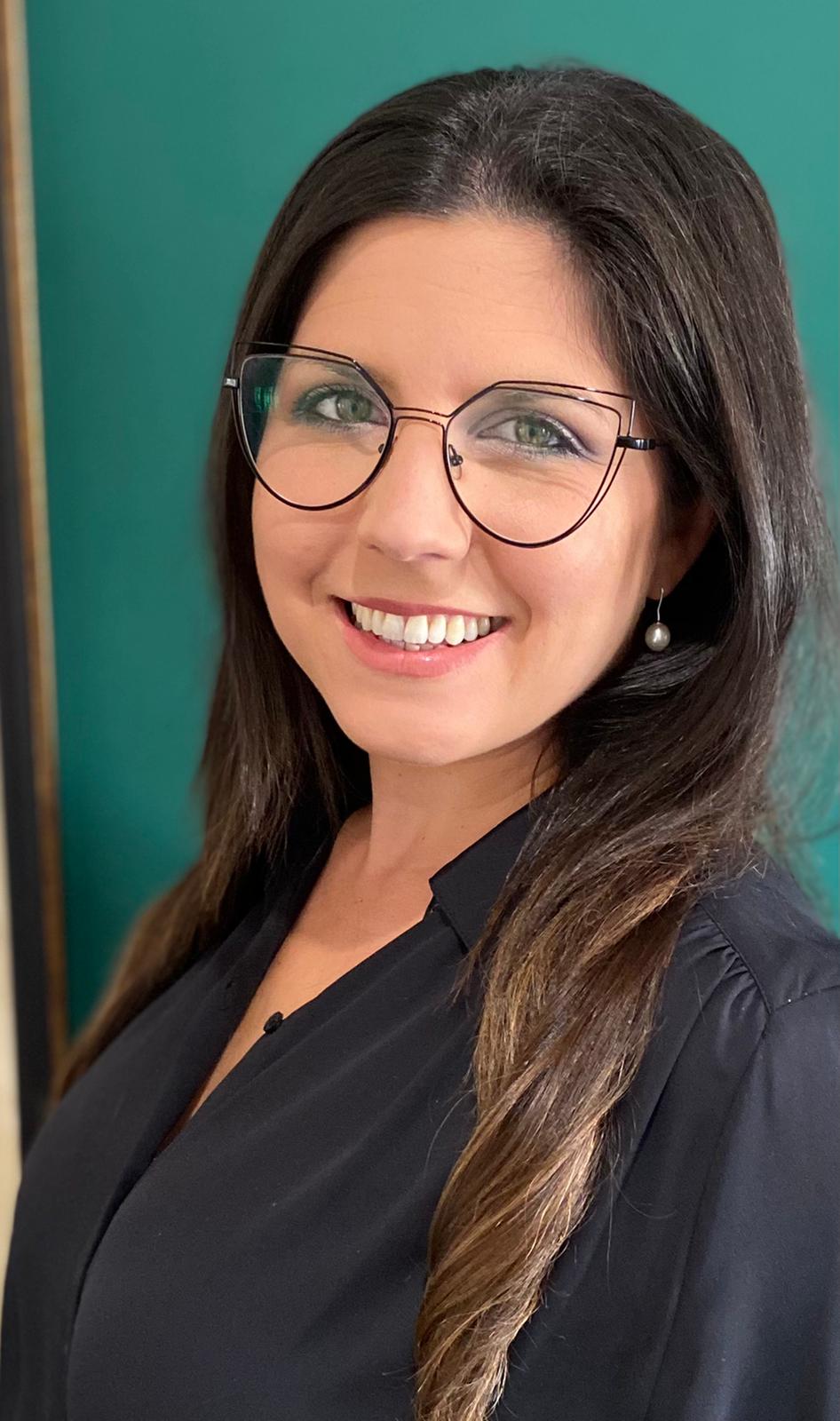New Visa and Residence Permit Options for non-EU Professionals in the Audio-Visual Sector
- Pina Espinoza Carrizosa

- Nov 17, 2021
- 4 min read
With entry into force on 14/11/2021, the official state gazette of 13 November published Order PCM/1238/2021, of 12 November, which publishes the Agreement of the Council of Ministers of 2 November 2021, approving the instructions determining the procedure for the entry and stay of third-country nationals who work in the audio-visual sector.
This sounds quite complicated but only means that non-EU citizens who are professionals working in the audio-visual sector, from actors to camera men, can now apply for a variety of different new visas and residence permits that allow them to work in Spain and will make their lives and the lives of the production companies involved a lot easier.

These instructions introduce THREE OPTIONS depending on the projected time the professional plans to stay in Spain for.
A first option applies to professionals in the audio-visual sector who will stay in Spain for up to 90 days in any 180-day period. They are exempt from the obligation to obtain a work permit.
A second option is introduced for those professionals in the audio-visual sector who are going to stay in Spain for a period longer than 90 days, up to a maximum of 180 days. In these cases, foreigners will be able to obtain a visa that will allow them to stay and work in Spain for the duration of their stay. In addition, foreigners who initially came to Spain for a 90-day stay in any 180-day period may, exceptionally, apply for a visa for the audio-visual sector for a maximum period of 180 days.
Finally, as a third option, a residence permit is made available as a single permit for foreigners who are going to reside and work in the audio-visual sector in Spain for more than 180 days.
Family Members and Minors
The instructions also include visas and residence permits for family members, so that artists or professionals can bring their spouses or partners in an analogous relationship of affection, minor children, as well as adult children or dependent ascendants with them.
It should also be taken into account that, if the artist or professional is a minor, they may enter and stay in Spain with their parents or guardians in order to preserve the interests of the minor.
Professionals in the Audio-visual Sector
Foreign artists, technicians and professionals who are going to carry out activities in the audio-visual sector, artistic activities in front of the public or for the recording of any kind for broadcasting by different mass media are eligible for the application of these instructions.
The spouse or person with an analogous relationship, the minor or adult children who, being economically dependent on the applicant, have not constituted a family unit by themselves and the dependent ascendants who are economically dependent on the applicant, who meet or accompany the applicant, may apply, jointly and simultaneously or successively, for one of the authorisations included in the instructions as accompanying family members. The parents or guardians of minors working in the audio-visual sector may also apply for this authorisation.
Minors who participate in audio-visual productions must comply with the provisions of Royal Legislative Decree 2/2015, of 23 October, which approves the revised text of the Workers' Statute Law, in those cases in which minors are between 16 and 18 years of age, presenting express consent from the parents or guardian, and, in the case of minors under 16 years of age, express authorisation from the corresponding labour authority. In these cases, the visa and/or authorisation for stay and/or residence shall be requested by the parents of the minor or the person exercising guardianship.
General requirements for stay or residence
Besides the general requirements, the applicant has to accredit having an employment or professional relationship with the company that transfers or hires them in Spain.
The company that hires or transfers a foreign artist, technician or professional must accredit that they are part of the production project in the audio-visual sector or artistic activity before the public or intended for recording of any kind for broadcasting by different mass media and they must be registered in the Social Security system and be up to date with its obligations with regard to Social Security and the State Tax Administration Agency.
This means that in any case, the professional has to have a Spanish company at hand that supports the application.
Advantages of the new regulation
The great advantage of the new visa and residence permit options for professionals in the audio-visual sector is that the application is done via the Large Business and Strategic Collectives Unit (Unidad de Grandes Empresas) following Law 14/2013, the same law that regulated the so-called Golden Visas.
The new application options benefit from the general purpose of said law which is giving support to entrepreneurs in Spain and furthering foreign investment in the country. This is reflected in the fact that the application for the permit has to be answered by the authorities within 20 working days. Furthermore, the applications have to be presented online. The possibly biggest and most important difference with general residence and work permits is that the so-called national employment situation is not taken into account. This means that the employer does not have to look for viable candidates to fill the position in Spain and obtain a certificate showing that none were available before presenting the application.
We have received many enquiries by production companies in Great Britain that were looking for ways to have their UK staff work in Spain after Brexit. These new options should provide solutions to their problems.







Comments